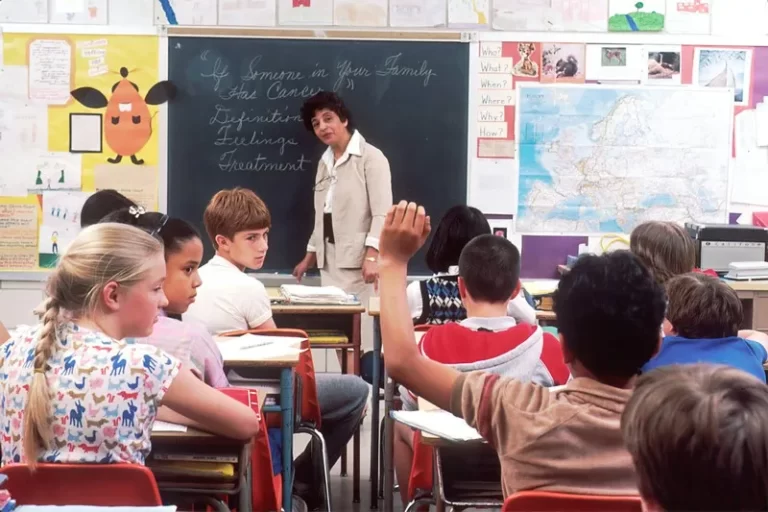
The Link Between the Increasing Privatisation of Schools and the Profit Motive
Learn about the increasing trend towards the privatisation of schools and its link to the profit motive. Understand the potential negative effects of this shift on the quality of education and student well-being. Explore alternative approaches such as public investment in education, collaboration between public and private entities, and student-centered approaches. Strive for an education system that provides equal opportunities and prepares students for a successful future.



